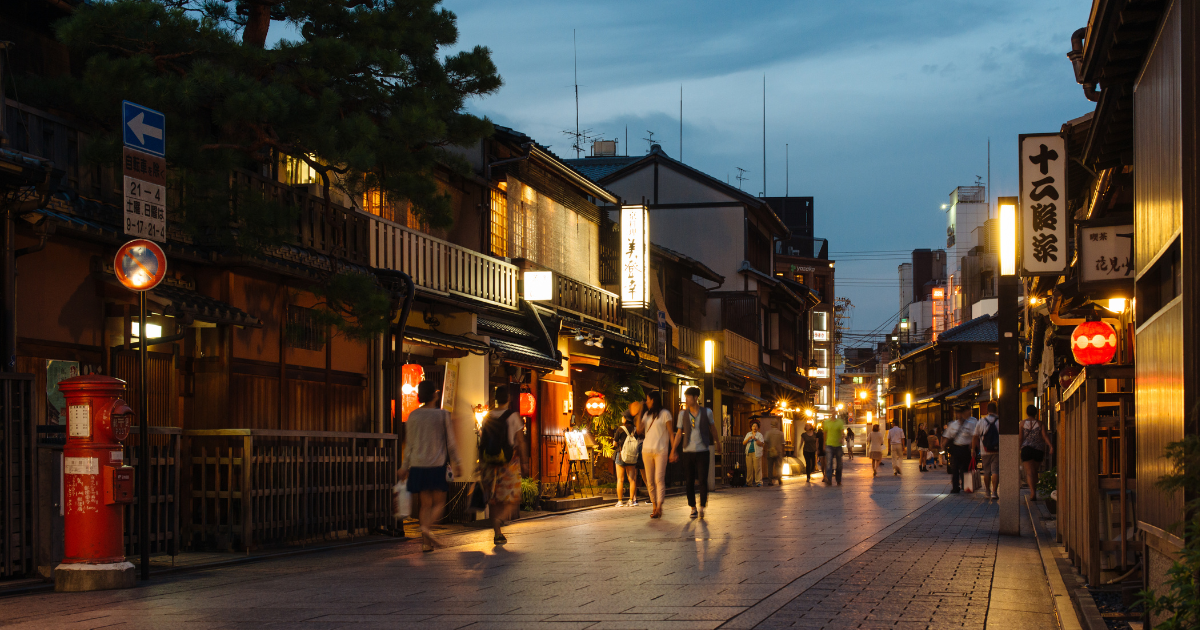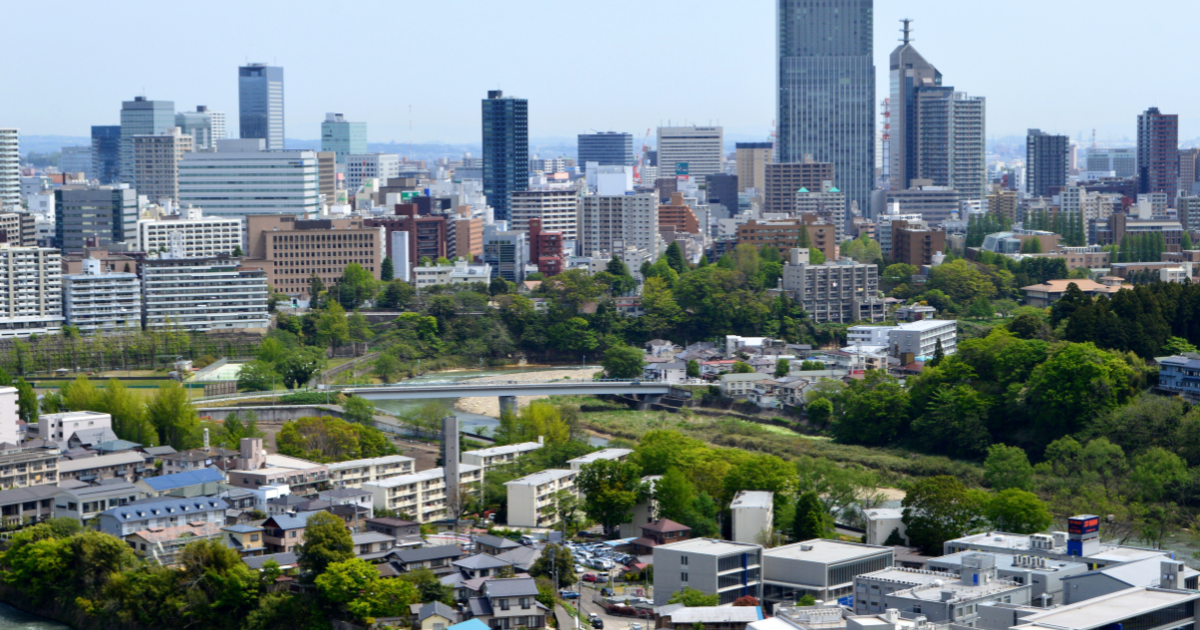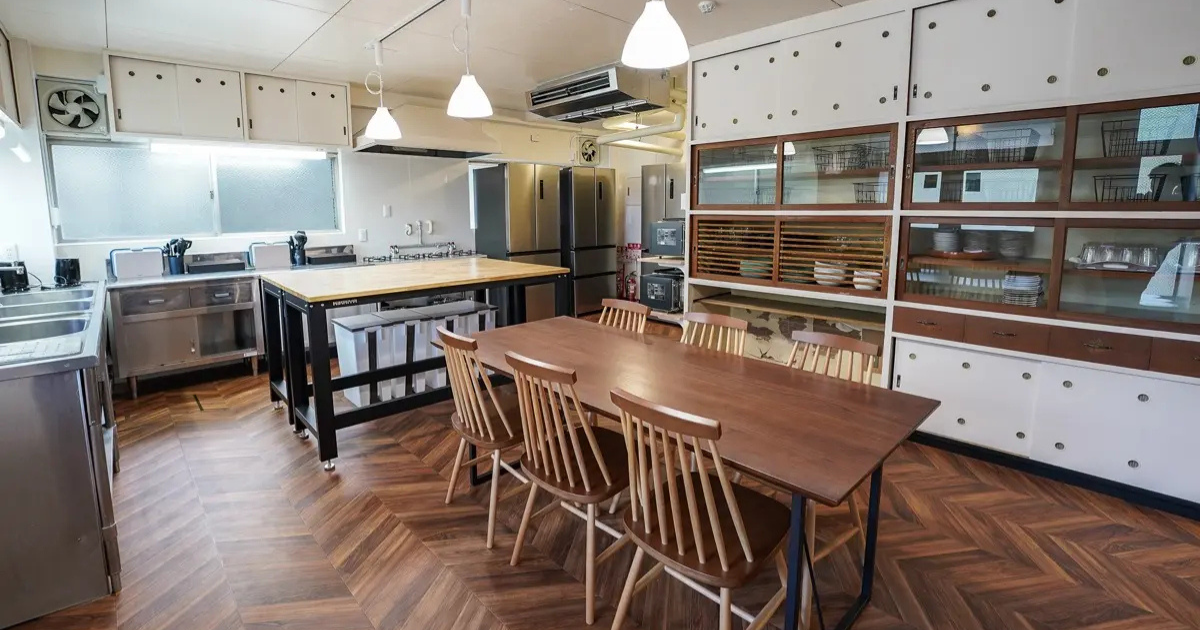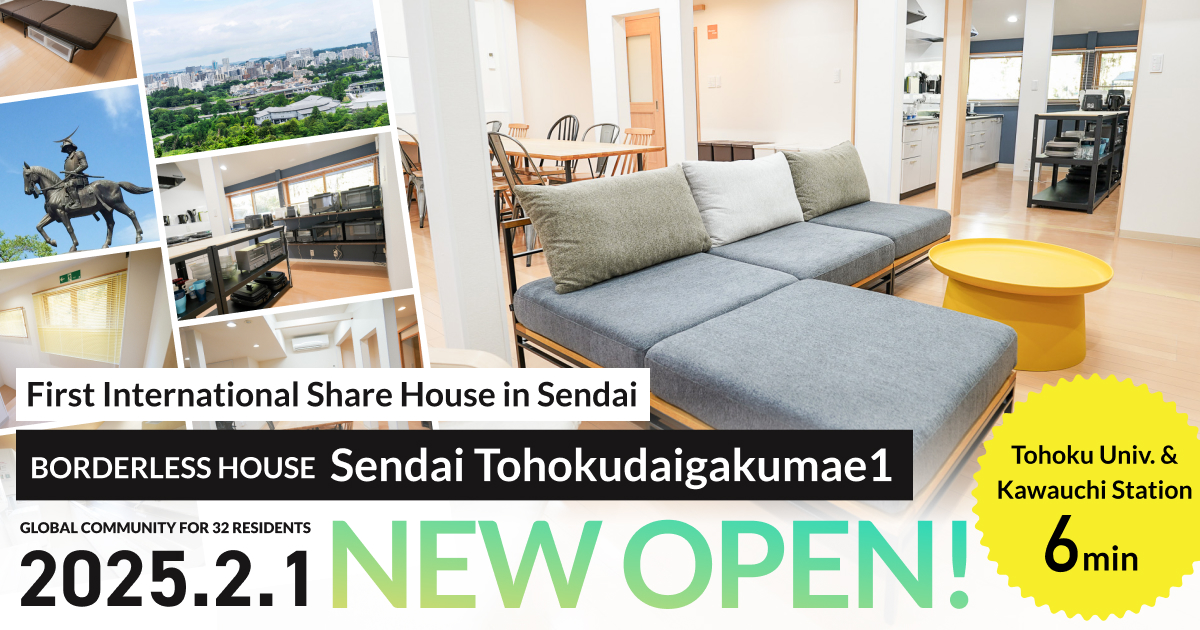Japan is a country of incredible diversity, with each region offering its own unique blend of culture, lifestyle, and opportunities.
Whether you’re drawn to the natural beauty of the north, the bustling energy of the east, the rich traditions of the west, or the relaxed charm of the south, Japan has something for everyone. Choosing the right area to live in is a big decision that can shape your experience, whether you’re moving for study, work, or adventure.
This blog will guide you through the key differences between Japan’s regions and help you decide which area best matches your lifestyle and goals.
Exploring Japan’s Regions:North, South, East, or West—What Each Region Offers

When it comes to living in Japan, each region offers a unique experience tailored to different lifestyles and preferences. From the serene landscapes of the north to the vibrant cities in the west, there’s a perfect place for everyone. Here’s a quick guide to Japan’s four main regions to help you decide where to start your journey in 2025.
Experience the Energy of the East – Tokyo and Beyond
For those craving the excitement of a bustling metropolis, Tokyo and its surrounding areas in eastern Japan are the place to be. As Japan’s economic and cultural hub, Tokyo offers endless opportunities for career growth, networking, and entertainment. Whether you’re navigating the fast-paced city streets or enjoying its diverse food scene, Tokyo never runs out of things to explore. BORDERLESS HOUSE Tokyo provides centrally located share houses, offering both convenience and community in the heart of the action.
Discover Tranquility in the North – Tohoku (Sendai)
The Tohoku region, home to Sendai, is perfect for those who seek a calm and nature-filled lifestyle. Known as the “City of Trees,” Sendai combines a relaxed atmosphere with modern conveniences. With lush greenery, nearby hot springs, and cultural festivals like the Sendai Tanabata Matsuri, it’s a haven for students and professionals alike. Sendai is more than just a place to study — it’s a lifestyle! Learn more about it HERE.
Immerse Yourself in Tradition in the West – Kansai (Kyoto, Osaka)
Kansai, home to cities like Kyoto and Osaka, is the cultural heart of Japan. Kyoto enchants with its historical temples and serene tea houses, while Osaka’s vibrant streets and famous food scene bring a more modern flair. Kansai is ideal for those who want a mix of tradition and lively city life. BORDERLESS HOUSE locations in Kyoto and Osaka offer the perfect base for exploring this fascinating region while connecting with like-minded residents.
Embrace Warmth and Adventure in the South – Kyushu and Okinawa
If you’re drawn to warm climates and a slower pace of life, the southern regions of Kyushu and Okinawa are ideal. With subtropical beaches, active volcanoes, and unique cultural festivals, these areas are perfect for adventurers and nature lovers. Although BORDERLESS HOUSE doesn’t currently operate in Kyushu or Okinawa, the region’s charm makes it a popular choice for short-term getaways or long-term stays.
Matching Your Lifestyle with Japan’s Diverse Regions
Choosing the best region in Japan depends on your goals, preferences, and needs. Whether you prioritize career growth, cultural exploration, or a peaceful lifestyle, Japan’s diverse regions offer something for everyone. By considering factors like accessibility, opportunities, and community, you can find the perfect fit for your next adventure in 2025.
For Career Growth and Networking – Tokyo and Surrounding Areas

Tokyo is the center of Japan’s economy and culture, making it ideal for those focused on career development and professional networking. The city is home to global companies, international events, and diverse industries, offering countless opportunities for growth.
Living in a centrally located BORDERLESS HOUSE Tokyo share house puts you close to business hubs, transportation, and cultural landmarks, ensuring you stay connected to everything the city has to offer.
For Cultural Immersion – Kansai (Kyoto, Osaka, Kobe)

Kansai is perfect for those who want to experience the depth of Japanese traditions. Kyoto’s temples, Osaka’s vibrant festivals, and Kobe’s cultural blend offer a unique perspective on Japan’s rich heritage.
A share house in Kyoto or Osaka provides the perfect mix of access to historic sites and opportunities to engage in cultural exchange with like-minded residents.
For Nature and a Calm Lifestyle – Tohoku (Sendai)

Sendai, the gateway to the Tohoku region, is known for its greenery, fresh air, and relaxing pace of life. Ideal for students and professionals who want to escape the hustle of larger cities, Sendai also offers easy access to nature and cultural sites.
BORDERLESS HOUSE Sendai provides a supportive and international community near Tohoku University and Sendai Station, making it a perfect choice for those looking to balance tranquility with convenience.
For Adventure and Warmth – Kyushu and Okinawa
If outdoor adventures and warm weather appeal to you, Kyushu and Okinawa offer subtropical beaches, hiking trails, and rich cultural festivals. These regions are perfect for explorers seeking a laid-back atmosphere.
While BORDERLESS HOUSE doesn’t currently operate in Kyushu or Okinawa, short-term trips to these regions are easy from Sendai or Tokyo, adding to your overall Japan experience.
Your Next Chapter Awaits in Japan
Japan’s diverse regions offer something unique for everyone, whether you’re seeking career opportunities in Tokyo, cultural immersion in Kansai, a peaceful lifestyle in Sendai, or adventure in the southern islands. By understanding what each area has to offer and aligning it with your goals, you can find the perfect place to start your journey in 2025.
Choosing a share house, like BORDERLESS HOUSE, adds another layer of enrichment to your experience. With options in Sendai, Tokyo, and Kansai, you can enjoy the support of a multicultural community, build lasting friendships, and immerse yourself in Japanese culture.
Start your next chapter today by exploring our share house options—your dream life in Japan is just a step away!







